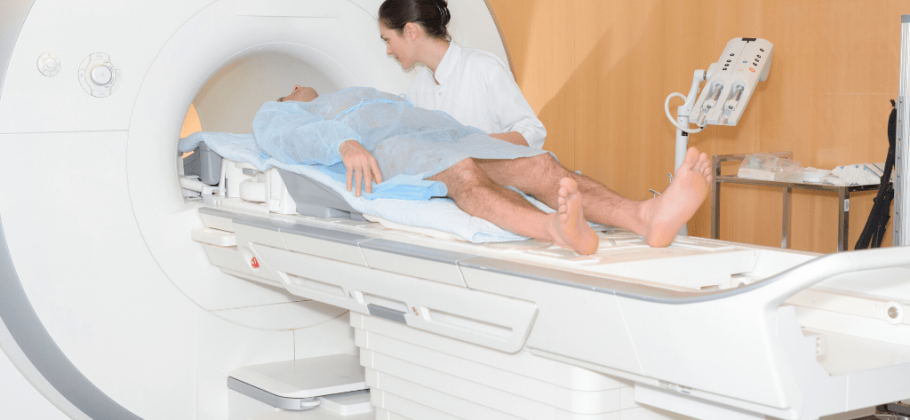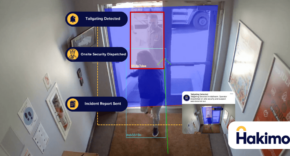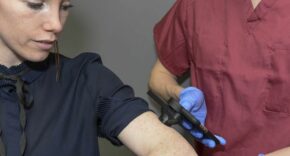UK hospital evaluation cites ‘revolution’ with 16% sensitivity uplift in true positive rates.
Greater diagnostic accuracy in detecting significant prostate cancer has been reported following a 4-year clinical evaluation at Castle Hill Hospital, part of Hull University Teaching Hospitals NHS Trust, using the Aplio i700 ultrasound system with ‘Smart Fusion’ application.
The advanced Fusion imaging innovation from Canon Medical Systems UK enables the accurate targeting of prostate biopsies by merging real-time ultrasound images with previously acquired multi-parametric MRI (mpMRI) that highlight concern areas. This enables lesions to be accurately located for biopsy and displays a biopsy line to follow with inserted needle. Improved accuracy negates the need for a patient to return for an uncomfortable repeat procedure, while speeding up the time frame to receive pathology results to treat the patient accordingly. This can help save lives by delivering better outcomes sooner.
In the UK, prostate cancer is the most common cancer in men at 26% of all new cancer cases and incident rates have increased by around two-fifths (41%) since the early 1990s. Survival rates are increasing due to earlier detection and treatments.1
Pamela Parker, Consultant Sonographer at Hull University Teaching Hospitals NHS Trust states, “Our service has been evaluated and clearly demonstrates that the use of fusion guided imaging to enable a targeted biopsy approach significantly increased diagnostic accuracy of the procedure.”
“The evaluation demonstrated that target biopsy following mpMRI resulted in greater accuracy for detecting significant prostate cancer; target biopsy has a true positive rate of 87% compared to 75% with the previous standard biopsy technique – a 16% uplift. However, the study also demonstrated that random samples of the prostate, alongside the target are required. Within the study population 12.5% had clinically significant cancer diagnosed with random samples only,” she continues.
Andrew Hunter, Clinical Specialist Sonographer at Hull University Teaching Hospitals NHS Trust adds, “The Fusion application on our ultrasound system has revolutionised how our sonographers can target specific areas of concern reported on a MRI scan of the prostate gland. The Aplio i700 gives excellent, clear images that directly correlate in real-time to the anatomy from another modality examination to help us accurately target areas of concern. In addition to prostate examinations, we have also been using the system for general abdominal work.”
“Improving accuracy of prostate cancer biopsies has a correlation to helping people survive longer with the condition as the earlier the diagnosis, the earlier treatment can commence to improve patient outcomes,” states Rosie Beattie, Ultrasound Regional Manager, North at Canon Medical Systems UK. “This development of fusion guided biopsy software is an important step forward in cancer detection and is testimony to a unique and close working partnership with Canon Medical Systems UK’s R&D department and the team at Hull University Teaching Hospitals NHS Trust.”












